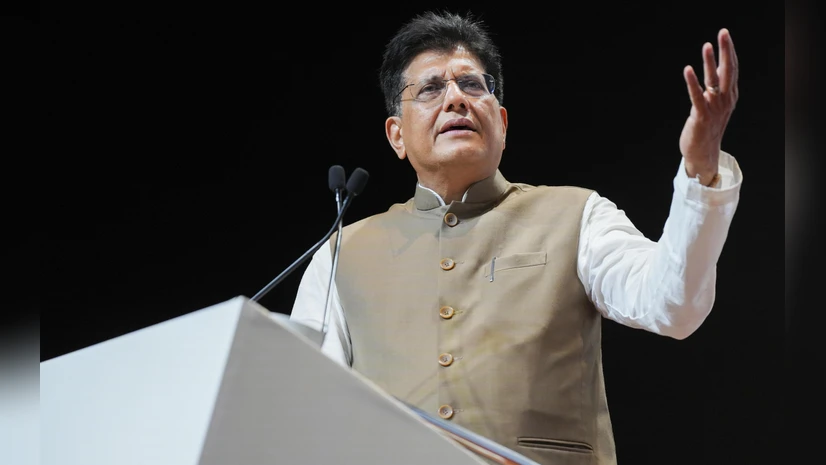Now Reading: India and Qatar Move Closer to Trade Pact, Terms Expected by October
-
01
India and Qatar Move Closer to Trade Pact, Terms Expected by October
India and Qatar Move Closer to Trade Pact, Terms Expected by October

India and Qatar are working on finalizing the engagement terms for a proposed trade agreement, with officials indicating that key details could be settled by October. The discussions are part of New Delhi’s larger push to strengthen ties with Gulf nations, which are crucial not just for energy imports but also for employment opportunities and remittances from millions of Indian workers in the region.
The proposed pact is expected to cover a wide range of areas, including energy trade, investment, and services. With Qatar being one of the world’s largest exporters of liquefied natural gas, India’s growing demand makes the partnership strategically important. For India, securing favorable terms could help ensure long-term energy stability while opening new avenues for its exports.
Beyond energy, the agreement is likely to create opportunities for Indian businesses in sectors like construction, technology, and pharmaceuticals. Cities such as Nagpur, Surat, and Jaipur, which are emerging hubs for manufacturing and services, could see indirect benefits if market access improves for small and medium enterprises. Such deals often expand beyond metros and open space for Tier 2 players to integrate with global supply chains.
Experts point out that the timing is significant. As global trade patterns shift, India is trying to reduce reliance on traditional partners and build stronger links with Gulf economies. Qatar too is looking to diversify its economic engagements beyond hydrocarbons, making the partnership mutually beneficial.
While the final details are yet to be negotiated, both governments appear committed to pushing the agreement forward. If completed on schedule, the India-Qatar trade pact could emerge as a model for future collaborations with other Gulf nations. For Indian consumers and businesses alike, the outcome may directly impact energy prices, job opportunities, and broader economic stability.

























